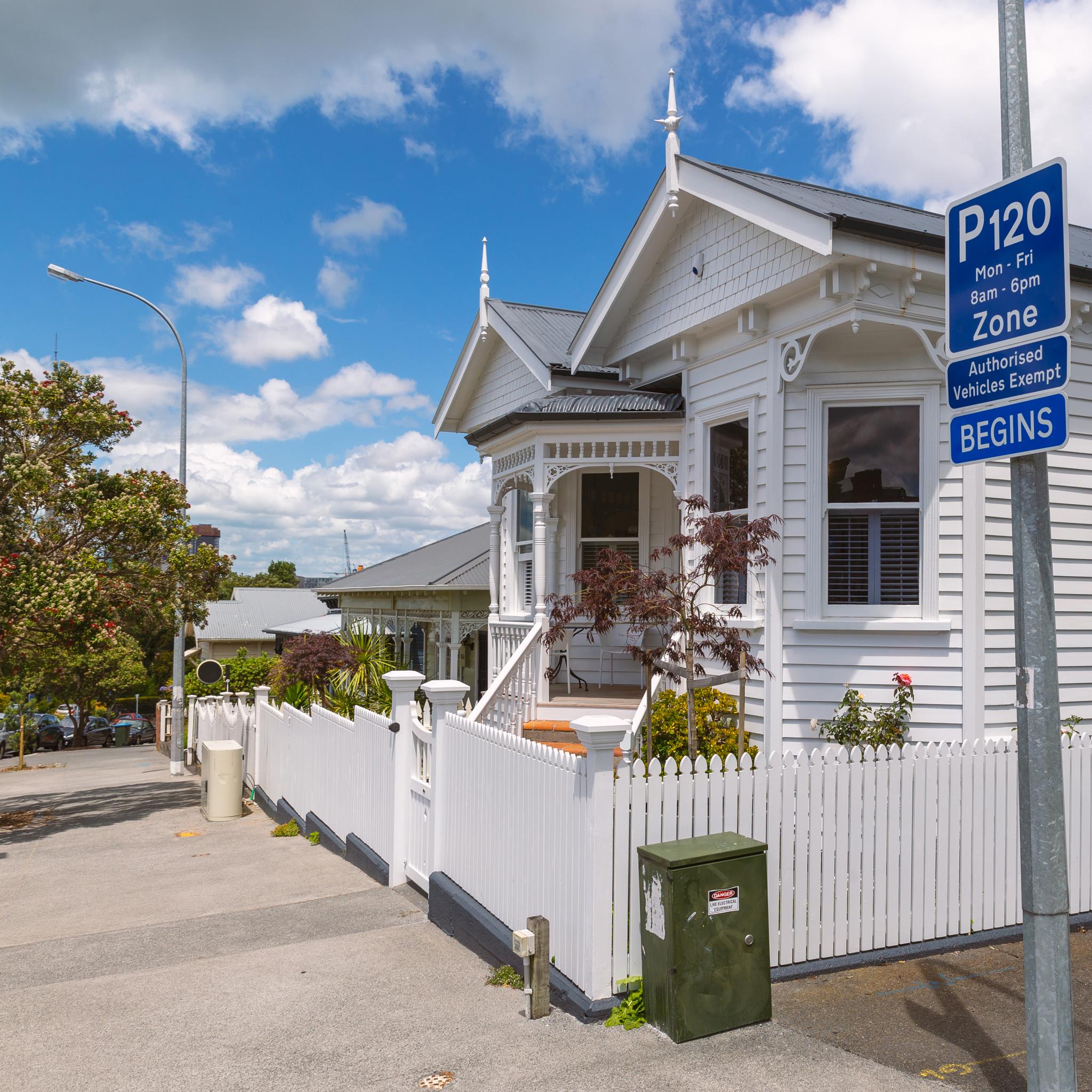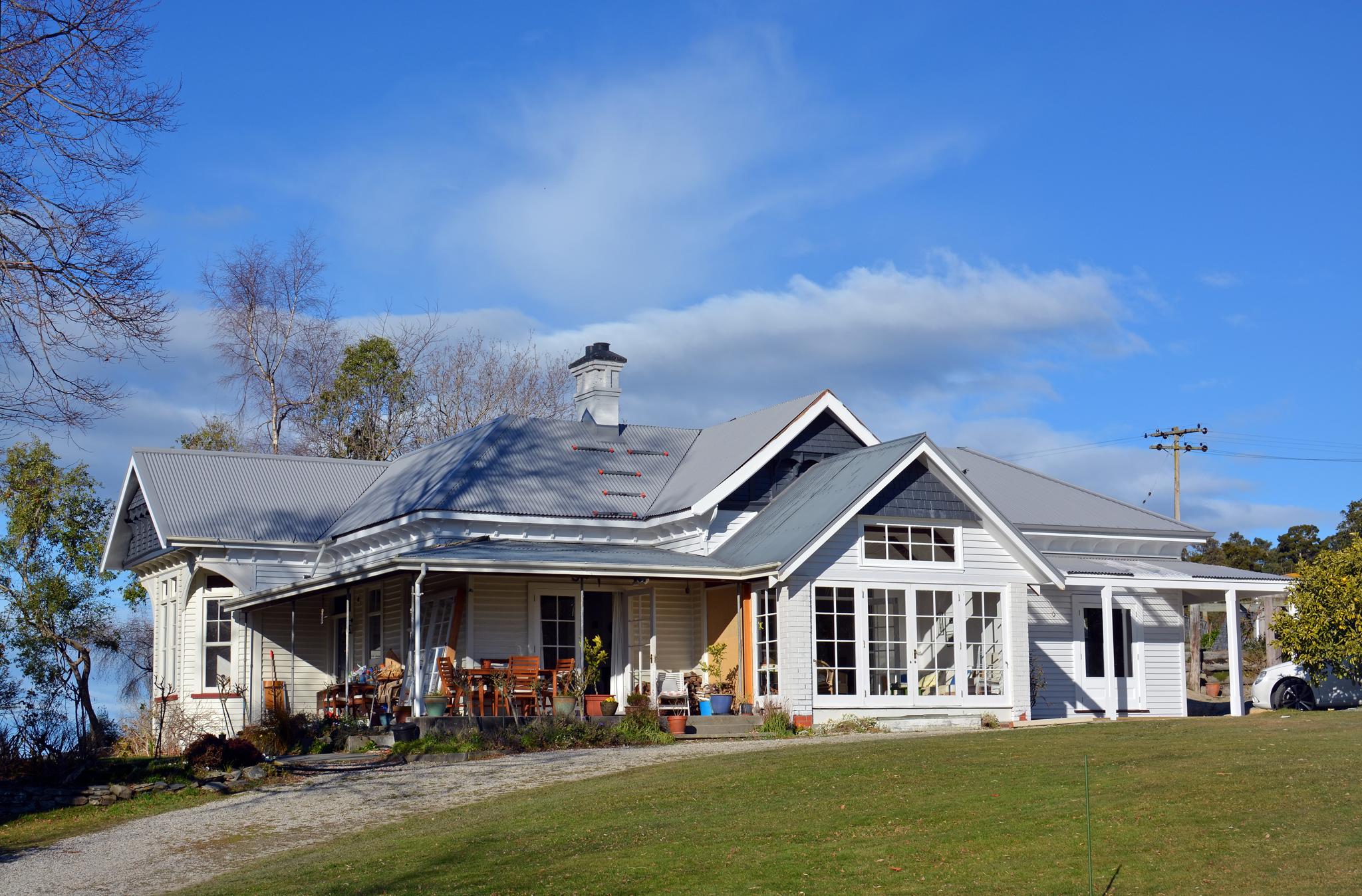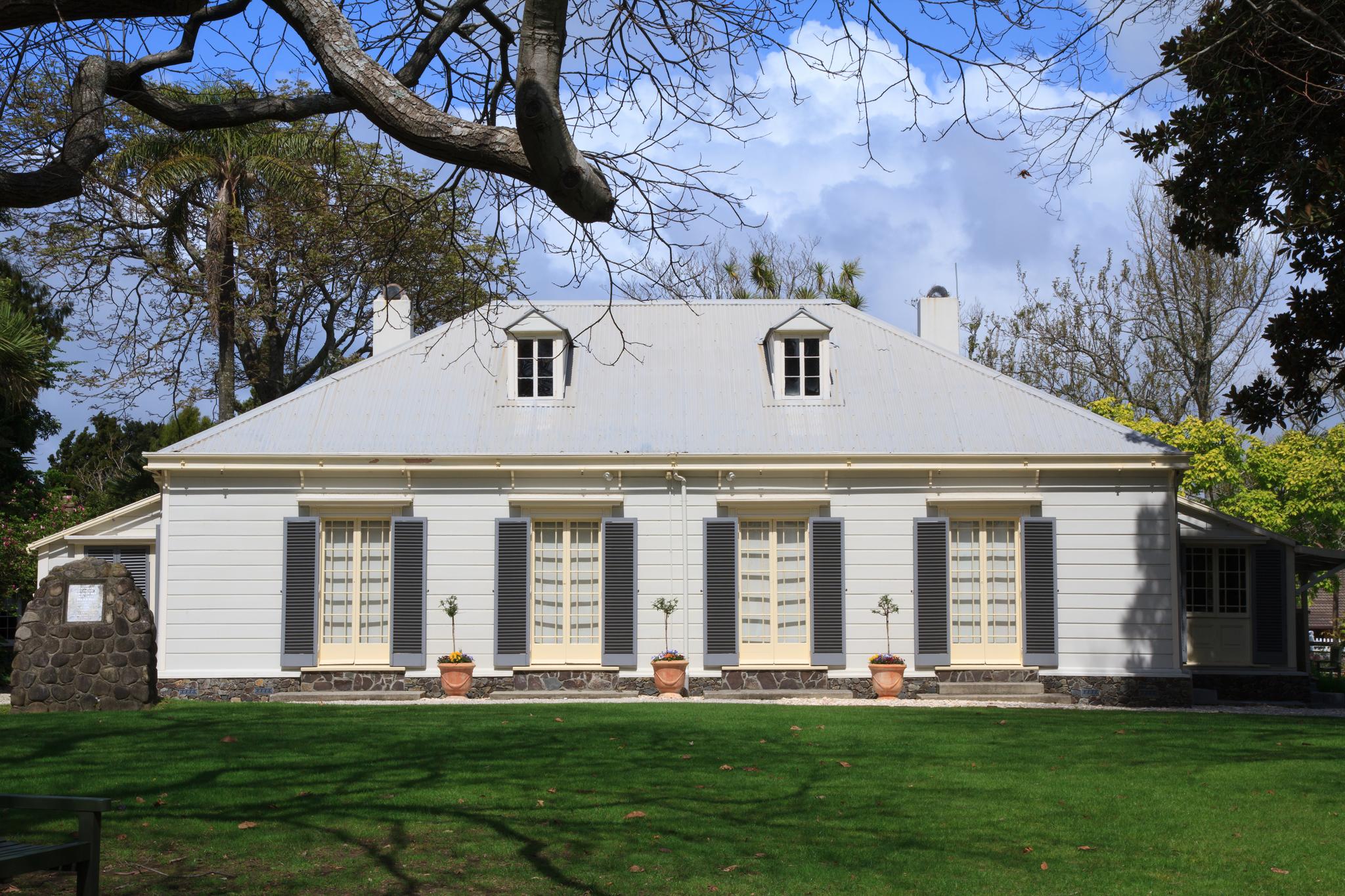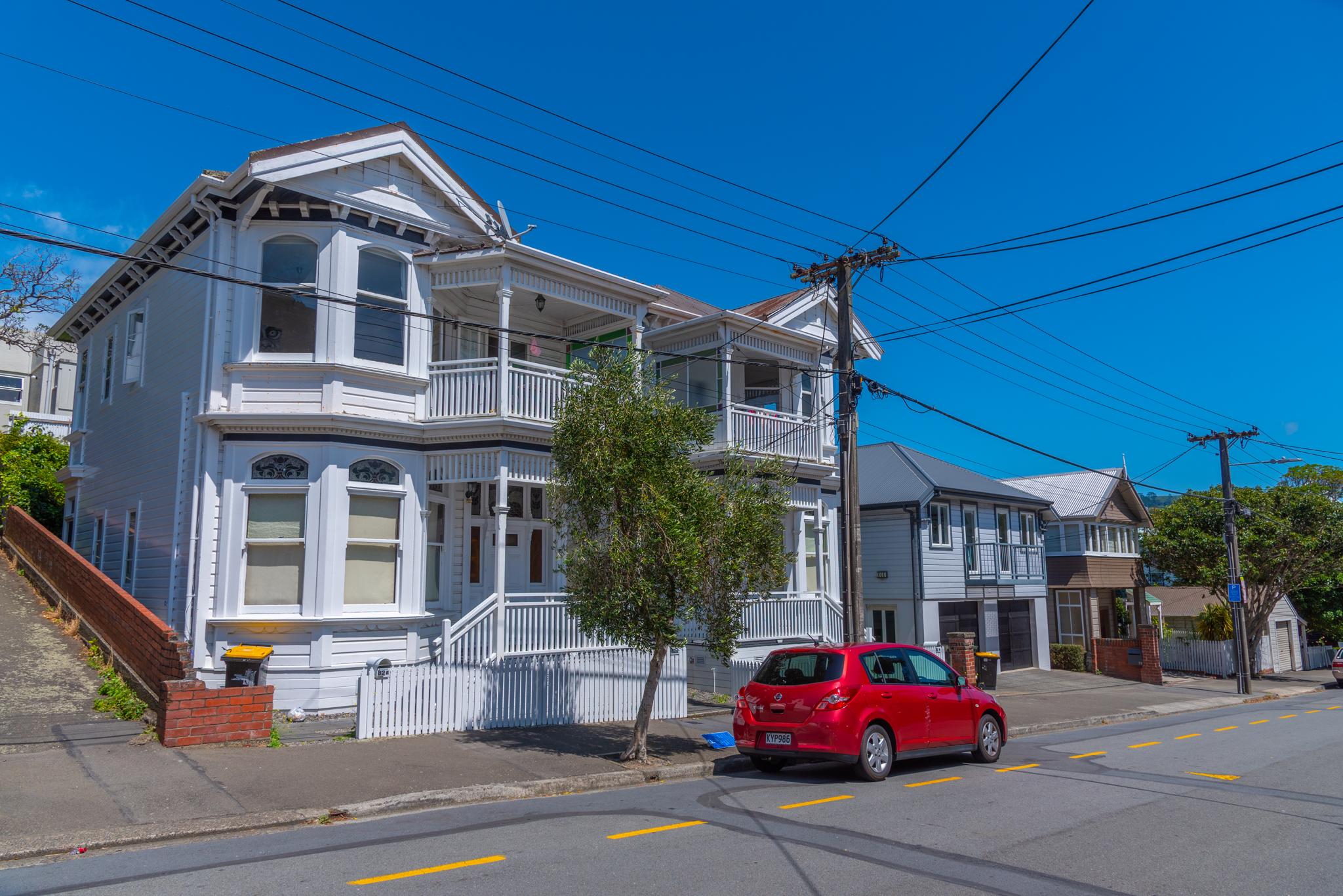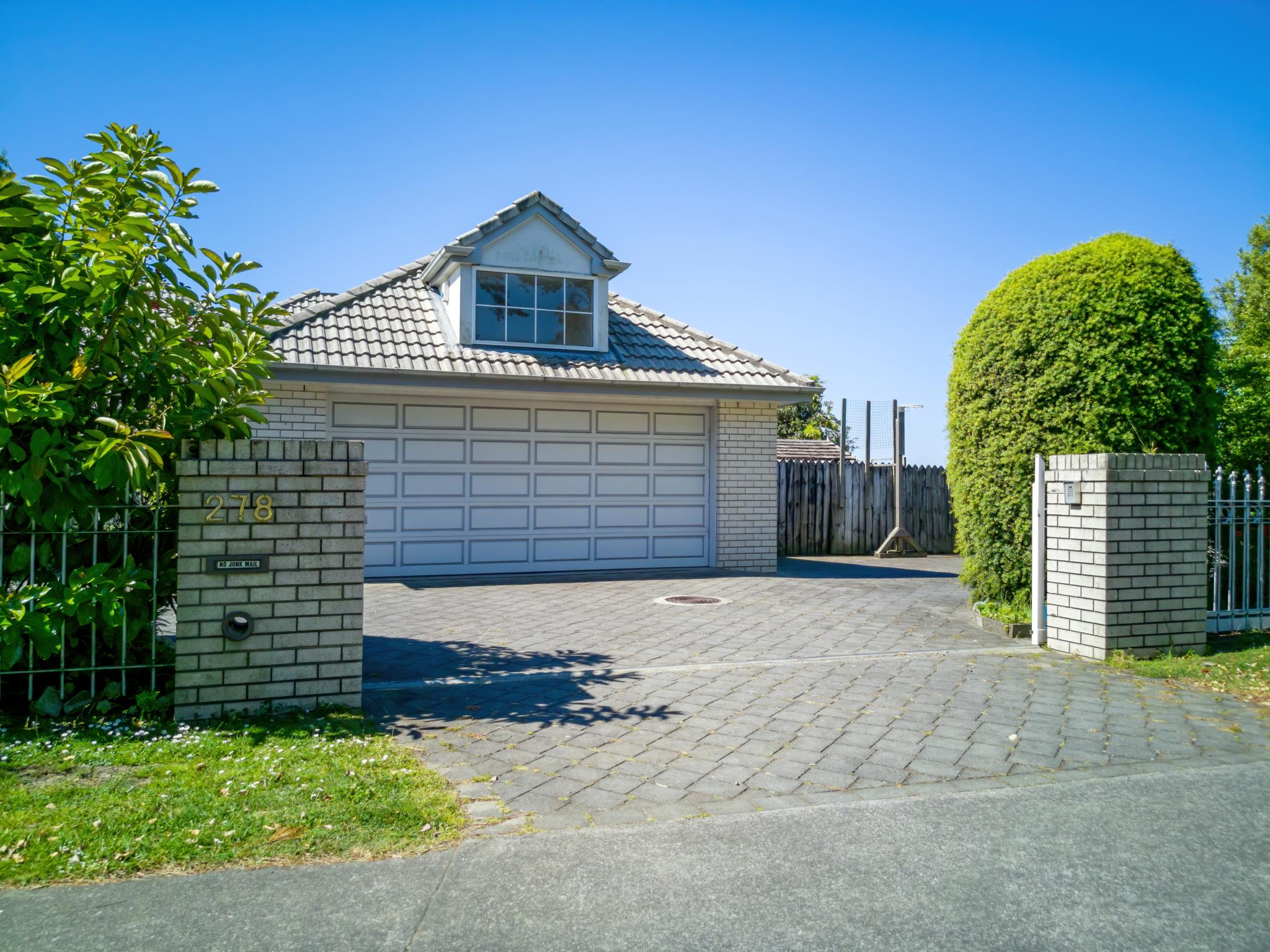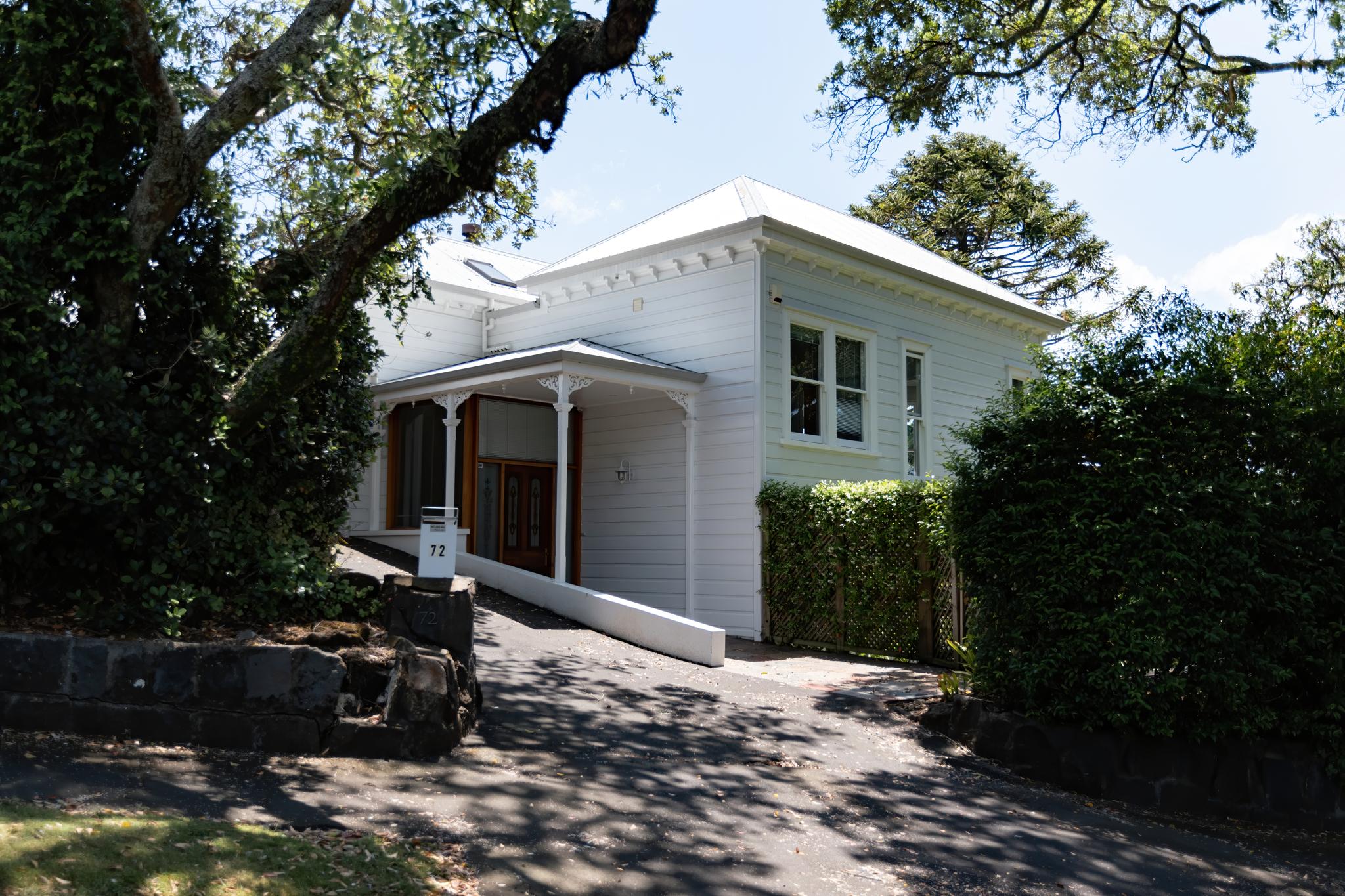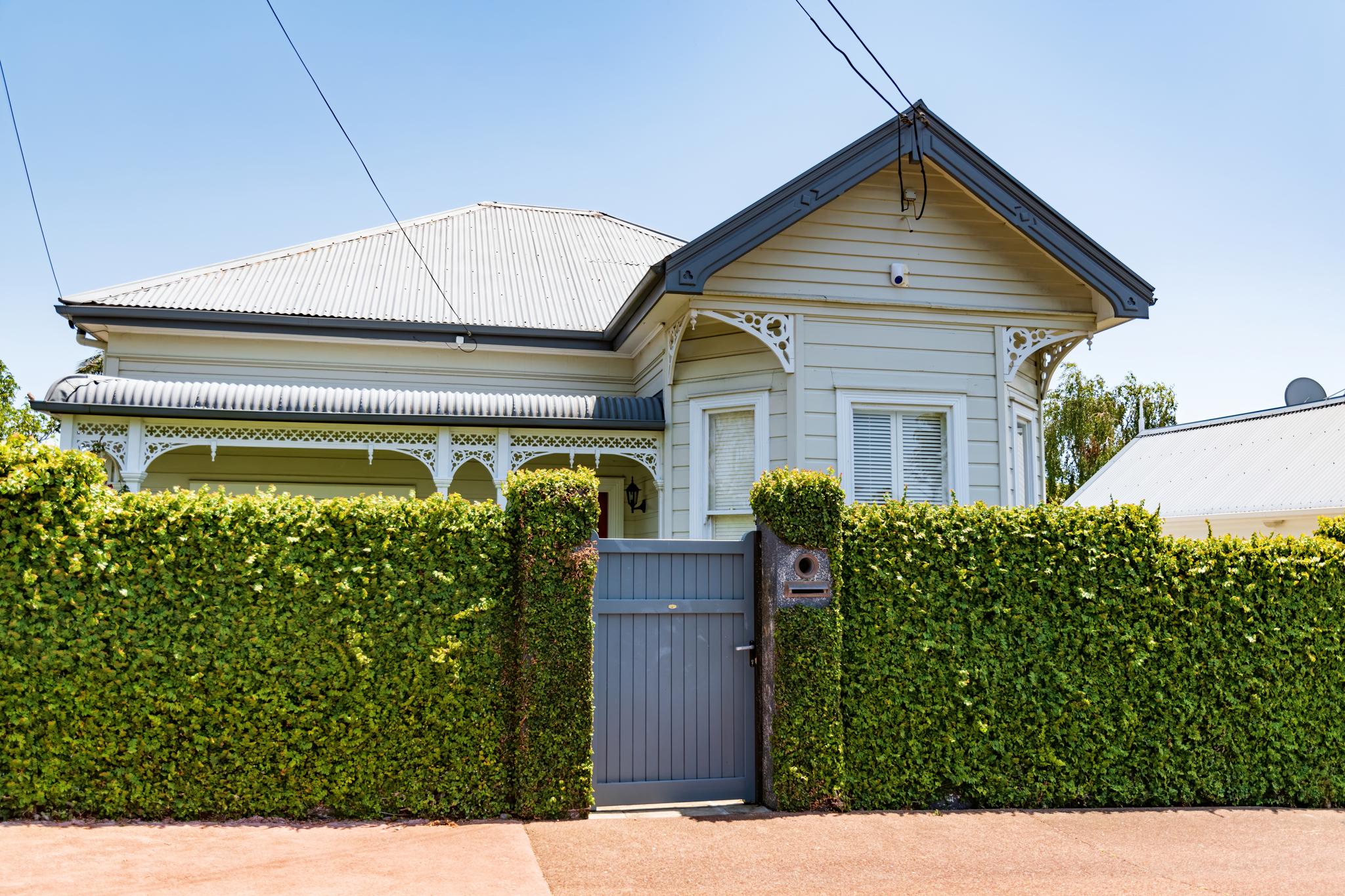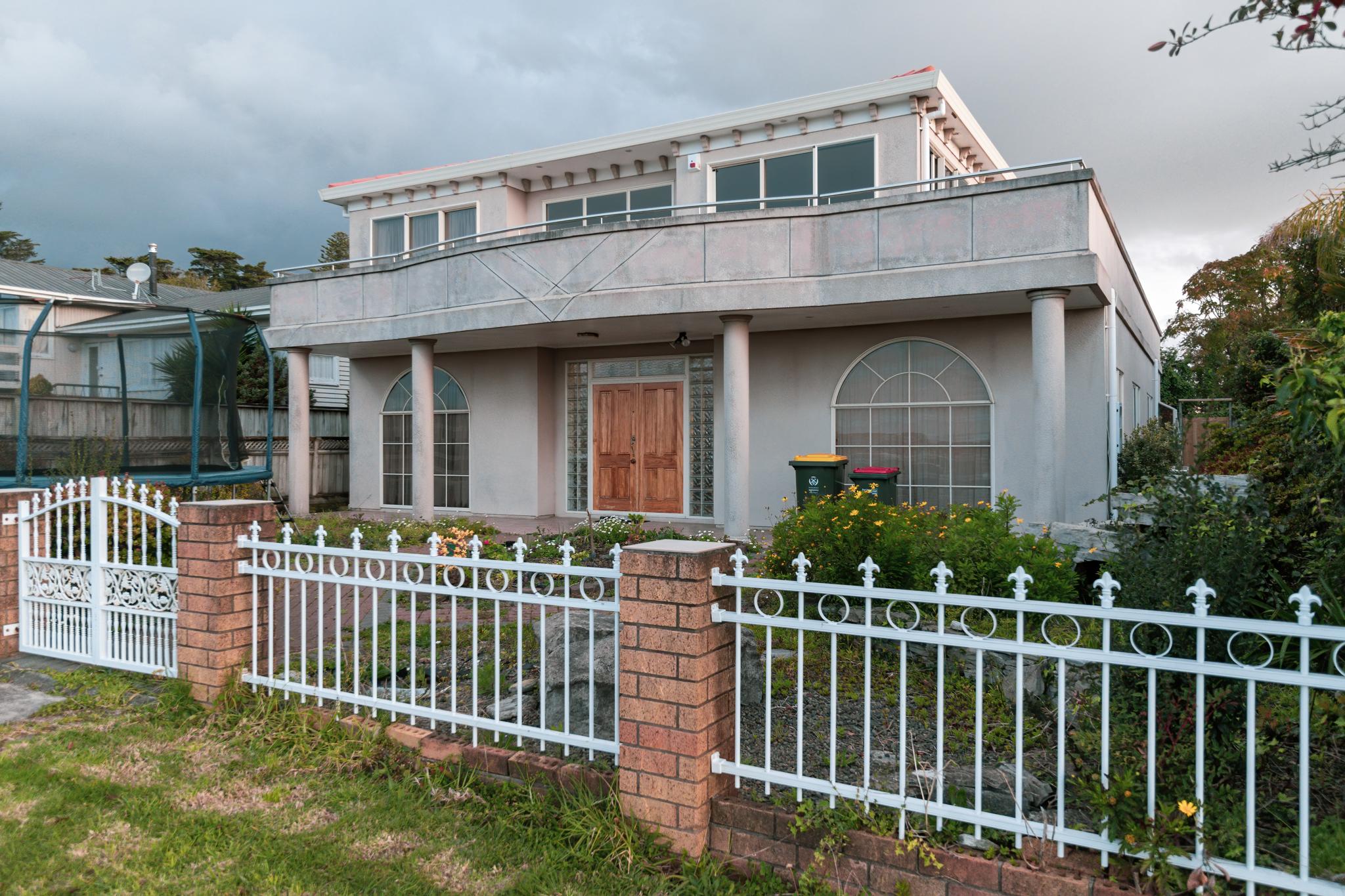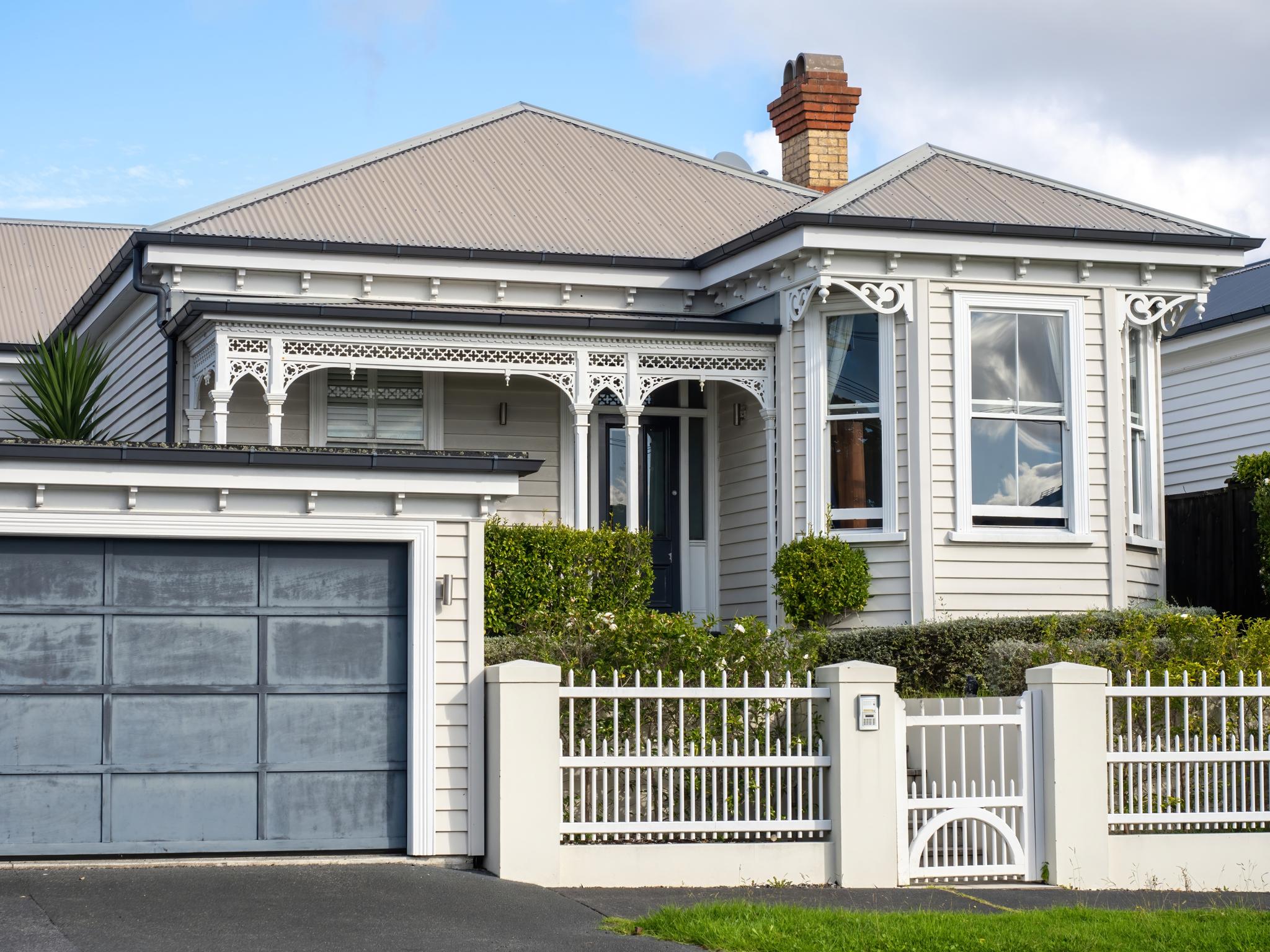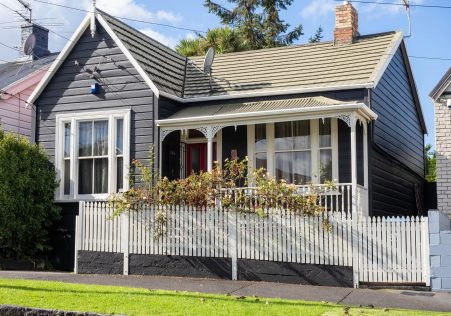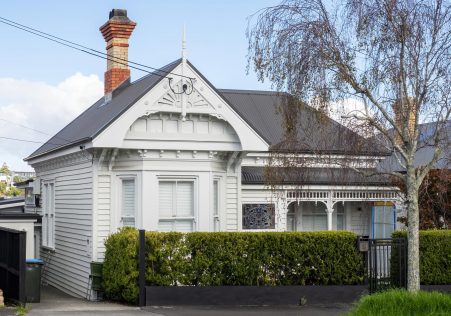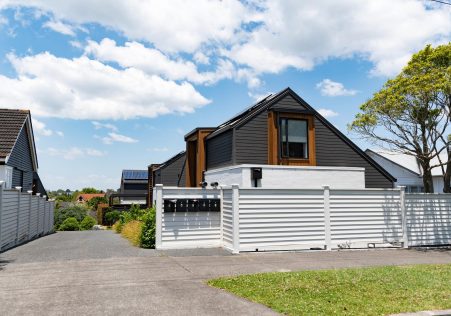What We Do
As building inspectors we deal with all the components of professional house examinations. We are here to make sure that you make the correct choice when it comes to buying your next home.
We are serious about your investment We conduct detailed examinations to ensure you don’t encounter any unpleasant or costly surprises meaning you are able to relax and focus on the enjoyable aspects of owning or purchasing a house.
We are specialised in a range of services to make sure you are fully informed about the condition of any property that you might be looking to purchase or sell along with other services.
We don’t just work with you , but we also work with major clients, including bank branches, local councils, and insurance companies. Evidently they are pleased with their peace of mind provided, by the data contained provided in our building inspection reports.
With our systemised method of conducting your home inspection and the most up-to-date software technology which includes digital photos in your Report, you are able to actually see any issues that may be found. Thanks to our detailed reporting it is easy to understand why we have so many customers who recommend our service to family and friends.
Get in Touch - Get Peace of Mind
